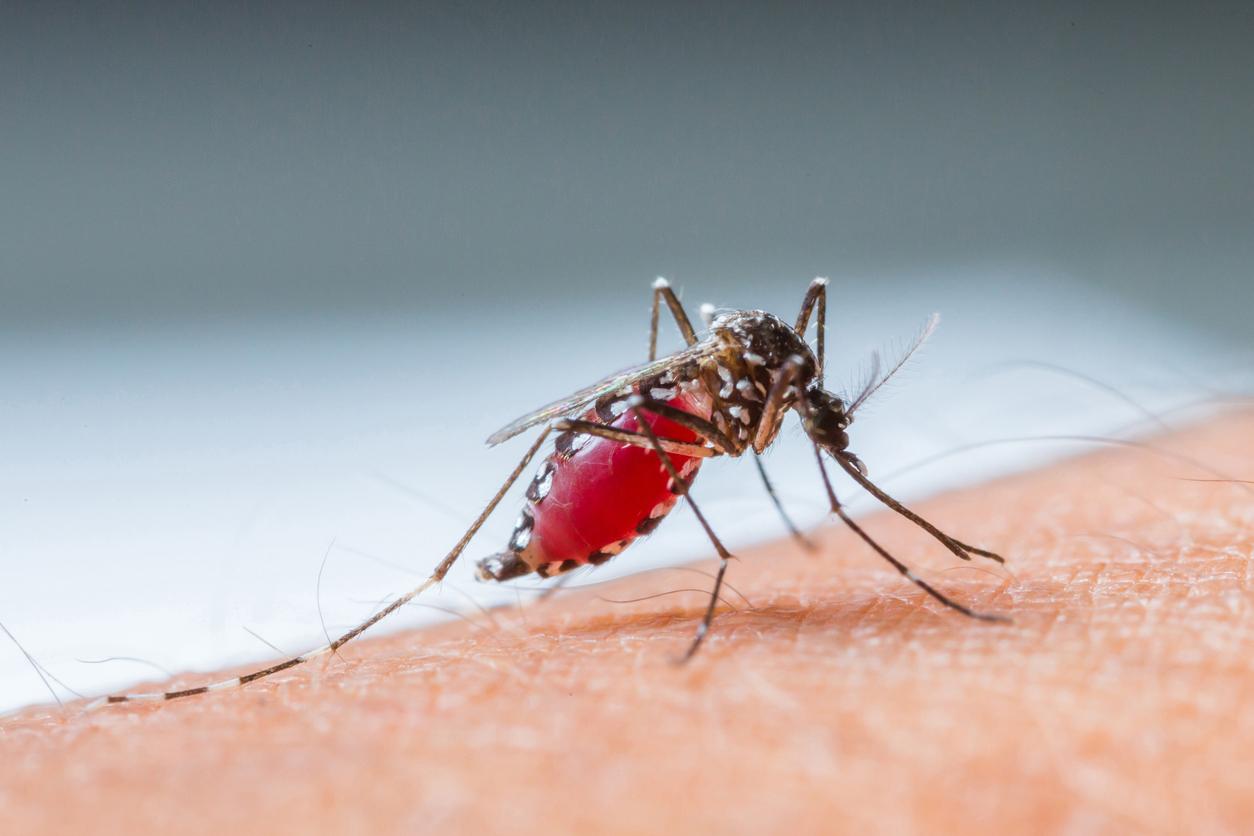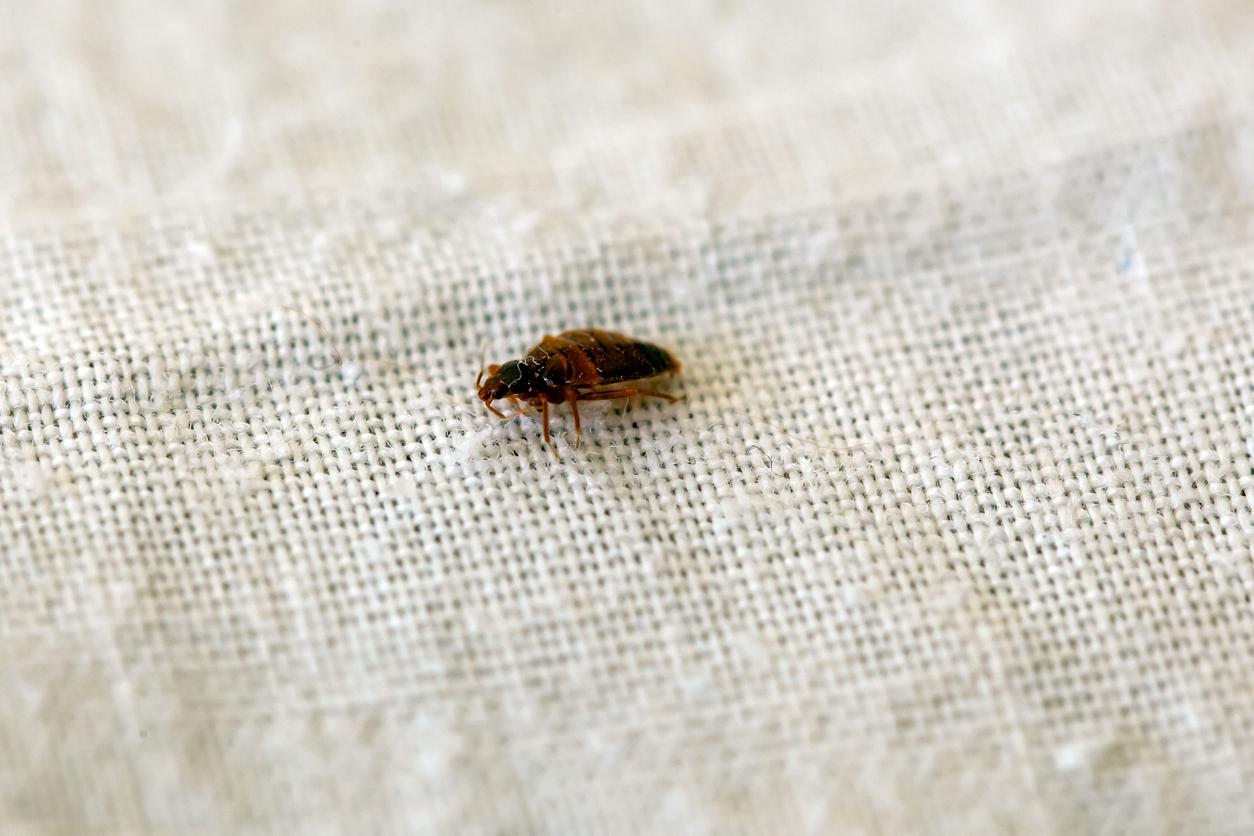Red ants, normally found in South America and whose stings are dangerous, have invaded Europe and are worrying specialists.

- A dangerous exotic red ant has begun to invade Europe. Nests have in fact been found in Sicily (Italy).
- The “fire ant” sting is very painful (like a burn) and can cause severe allergic reactions.
- This type of ant can kill certain animals such as birds, but is only fatal to humans in the event of serious allergic shock that cannot be treated.
Solenopsis invicta is their scientific name, but they are more commonly known as “fire ants” because of the burning pain caused by their stings.
Ants imported to Europe
Initially found in South America, they have already spread, in less than half a century, Australia, China, the United States, Mexico, Taiwan and the Caribbean, but had not yet reached the European Union (EU). Unfortunately, new data, published in Current Biology September 11, 2023, tell us about their presence in Sicily and in Europe. It is generally through the importation of exotic plants that they colonize other countries.
These fire ants are classified as the “worst invasive alien species”, by the team of researchers.
Fire ants: very painful, potentially fatal stings
This type of ant causes very painful stings that resemble a burn (hence their nickname “fire ants”) and are responsible for itching and inflammatory lesions on the skin which swells (edema). They can sometimes become infected (appearance of pus).
The venom that they inject, thanks to a stinger, has an immense irritating power (the most irritating in the world according to National Graphics). It can also cause serious allergic reactions such as anaphylactic shock.
These ants are fatal for small animals such as birds, but fortunately are not fatal for humans except in cases of anaphylactic shock that cannot be treated in time.
Solenopsis invicta: a danger for man and nature
The study shows that half of urban areas in Europe are potentially colonizable by this species of red ants, due to the environment found there and global warming. Researchers have identified 88 nests spread over 4.7 ha, in Sicily (Italy), not far from Syracuse. Moreover, residents have reported bites in this area since 2019.
The impact on ecosystems (destruction of other species of insects and animals), agriculture (damage to crops) and human health (bites at risk of infectious and allergic complications), as described the scientific team, is of age.
Early detection of these exotic ants is essential in order to implement actions to stop this invasion. Indeed, its eradication can prove particularly complex since the species reproduces very quickly with up to 2,000 eggs laid per day.
















